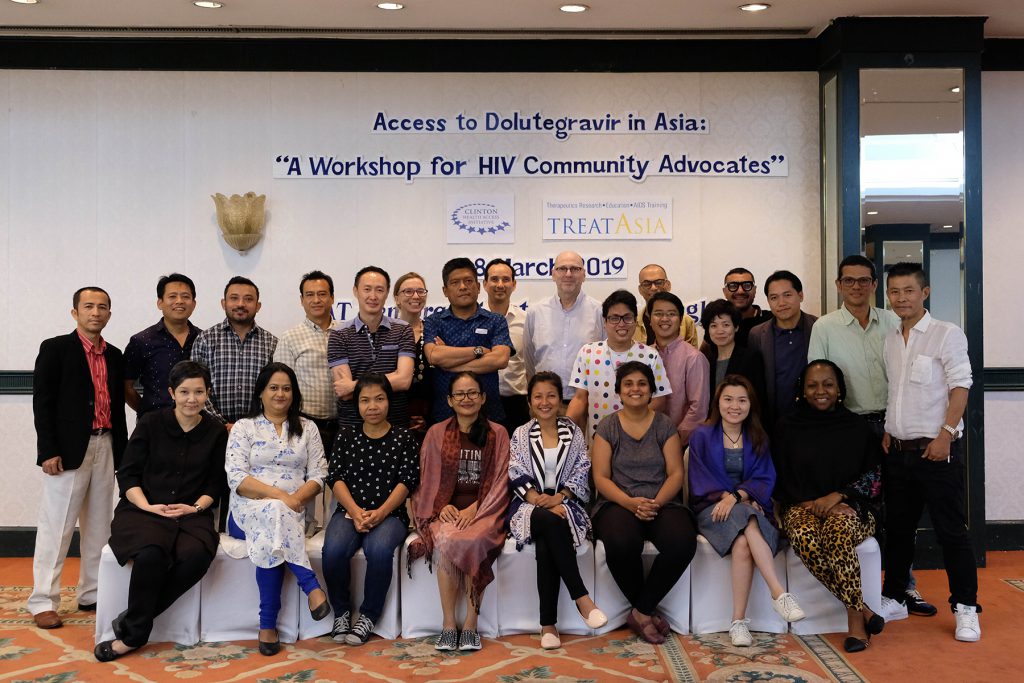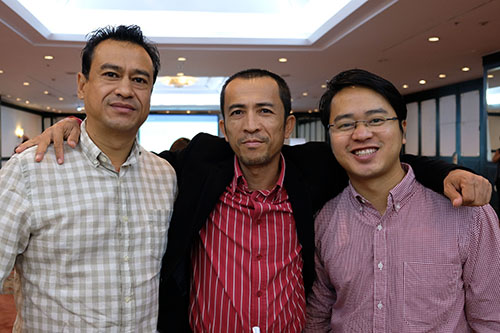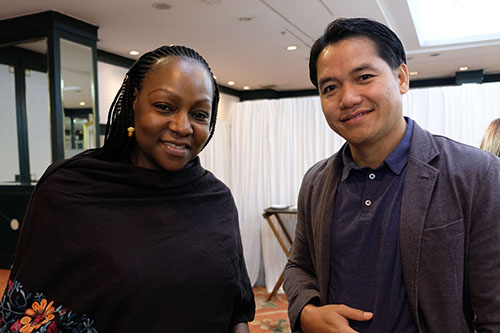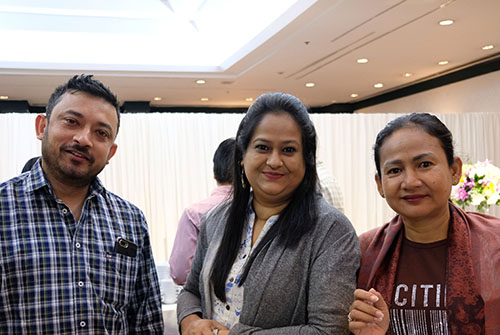
From: amfAR
The integrase inhibitor dolutegravir (DTG) has shown great promise as a medicine to treat HIV since it was first approved by the U.S. Food and Drug Administration in 2013 and by the European Commission in 2014. Used in combination with other antiretrovirals, it has limited side effects, is effective at suppressing HIV, and has a high barrier against the emergence of drug resistance. In 2018, the World Health Organization recommended dolutegravir-based regimens as the preferred first-line HIV treatment for adults and adolescents. While DTG has been implicated in neural tube defects in infants born to women who were taking the drug at the time of conception, women of childbearing potential can take DTG as long as they are on consistent and reliable contraception.
A generic form of dolutegravir has been available in India since February 2017. In September 2017, governments, development agencies, and drug access groups negotiated a pricing agreement that established a ceiling price of US$75 per person per year for the dolutegravir-based regimen commonly known as “TLD” (tenofovir disoproxil fumarate, lamivudine, and dolutegravir). Several countries in Africa have implemented TLD as a preferred first-line treatment in their national HIV programs. But in the Asia-Pacific region, access to DTG-based regimens remains severely limited.
“Numerous regulatory approval delays have interfered with access to DTG in the Asia-Pacific,” said Giten Khwairakpam, TREAT Asia’s program manager for community and policy. “Very few national HIV programs include the drug, and some countries are unnecessarily prohibiting its use in all women.”

To accelerate DTG scale-up in the region, TREAT Asia and the Clinton Health Access Initiative organized a workshop in Bangkok in March 2019 to help networks of people living with HIV and other treatment access advocates better understand issues around DTG access and use, and coordinate future advocacy efforts. Attended by 25 participants from nine Asian countries, the workshop built upon earlier collaborative efforts with the World Health Organization (WHO) South East Asia Regional Office (SEARO) and Western Pacific Regional Office (WPRO) to enhance access to newer HIV and hepatitis C medications.

During the DTG workshop, Imelda Mahaka, Executive Director for Pangaea Zimbabwe AIDS Trust, discussed lessons from dolutegravir advocacy efforts in Africa, and summarized priorities for improving access in the Asia-Pacific.
“In line with WHO recommendations, national health programs ought to include DTG-containing regimens as a part of the preferred first line for HIV treatment,” she said. “They should proactively reach out to generic companies to apply for registration of DTG and DTG-containing regimens in their respective countries, and national drug regulators must prioritize the assessment of registration dossiers and approval of DTG-containing regimens to ensure its availability.”

“It is important for the community to understand the issues surrounding DTG access in the Asia-Pacific region,” said Leena Menghaney of Médecins Sans Frontières (MSF) Access Campaign. “This workshop brought focus to what needs to be addressed in ART guidelines and helped strengthen connections among groups in the region that are working toward the same goals.”
As part of efforts to continue building community awareness around dolutegravir use, TREAT Asia is co-organizing a webinar on these topics with WHO WPRO in May.
